Temperatures
Provisional statistics show that 2017 will be the fifth warmest year for the UK since records began in 1910. Scotland had an average temperature for the year of 8.1°C, which was 0.7°C higher than normal, a continuing trend with nine of the warmest years occurring since the year 2000.
Many of these higher temperatures were seen in spring, the second warmest since 1910, with farmers benefiting from better growth conditions.
Rainfall
Rainfall was below average with Scotland receiving 1,490mm of rainfall during 2017. It was the driest region relative to the average in all of the UK, receiving only 95% of the anticipated annual rainfall.
However, from June onwards, many areas suffered from persistent rainfall. This made harvest conditions extremely difficult along with causing a deterioration in ground conditions for grazing. The period from June to August ranks as the ninth wettest summer in the UK since 1910. Many crops that had shaped up to be high yielding were impacted by lodging while poaching was also widespread.
Sunshine and days of rain
Scotland received 1,219 hours of sunshine for the year. This is 3% more than anticipated. Negatively, though, days with rainfall greater than 1mm increased for the year. In total, Scotland received 199 days of rain, which is 11 days higher than the expected value.
Camera and questions: 2017
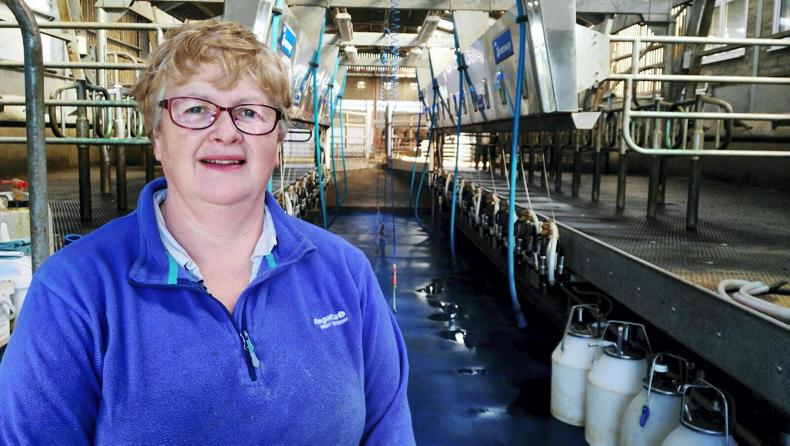
Jean
McLean
Mains of Culsh, Aberdeenshire
“I think every farmer in my area will agree when I say we’re relieved to see the back of 2017. In the last 29 years we have been farming here it is been the latest and the wettest harvest we have ever done. Then to top it all off we had snow to finish the year.
Us ourselves, we managed to get all our straw bales done. Overall, I know that straw is likely to be a problem in the next few weeks as there was not as much saved this year as others. The cost to dry things has been an issue but it is what you have to do so we will get on with it.”
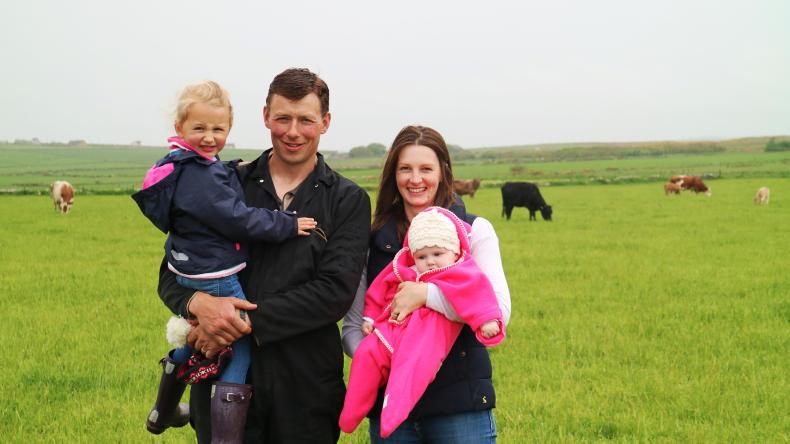
Mark
MacKay
Greenvale,Thurso
“In one word – wet. I have to say from harvest time onwards it has just been horrendous. At the start of the year it was warm and there was plenty of moisture so there was brilliant grass growth. Since the weather broke though there has been no let-up, even lambs are making a mess of fields.
“It is causing me serious problems trying to muck out my sheds because you can not even get out on a stubble field with a tractor without doing serious harm. The pools of water that are in the fields at the moment are far from ideal.”
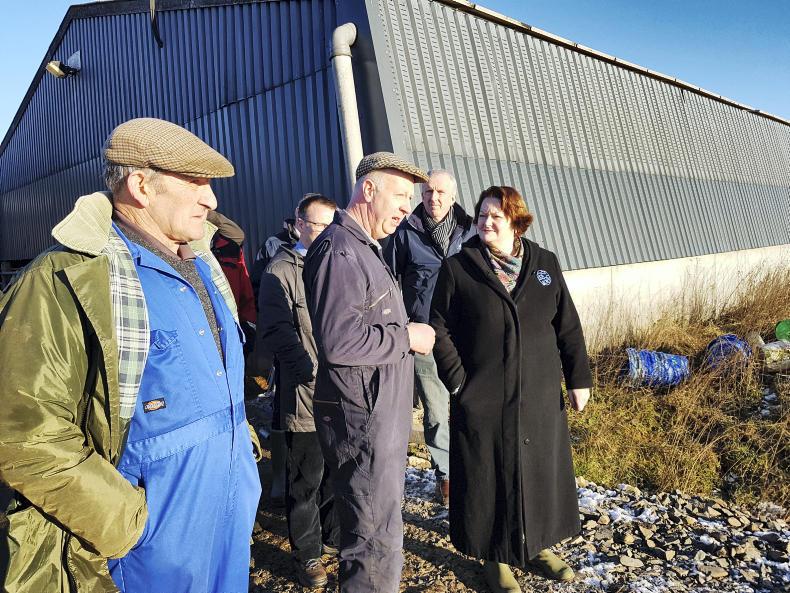
Willie
Campbell
Holehouse Farm, Ayrshire
“For me this has been the most trying year of my farming career. I have never seen a situation where it rained constantly from late May to late November like it has this year.
To compensate for the shortage of feed, we have had to buy in some more expensive stuff for our cows, but they have responded by milking better and the good price means we were somewhat compensated. If the coming Spring is wet, then we will be under serious pressure. As it is, it will be a challenge to get pastures back into good condition.”
Temperatures
Provisional statistics show that 2017 will be the fifth warmest year for the UK since records began in 1910. Scotland had an average temperature for the year of 8.1°C, which was 0.7°C higher than normal, a continuing trend with nine of the warmest years occurring since the year 2000.
Many of these higher temperatures were seen in spring, the second warmest since 1910, with farmers benefiting from better growth conditions.
Rainfall
Rainfall was below average with Scotland receiving 1,490mm of rainfall during 2017. It was the driest region relative to the average in all of the UK, receiving only 95% of the anticipated annual rainfall.
However, from June onwards, many areas suffered from persistent rainfall. This made harvest conditions extremely difficult along with causing a deterioration in ground conditions for grazing. The period from June to August ranks as the ninth wettest summer in the UK since 1910. Many crops that had shaped up to be high yielding were impacted by lodging while poaching was also widespread.
Sunshine and days of rain
Scotland received 1,219 hours of sunshine for the year. This is 3% more than anticipated. Negatively, though, days with rainfall greater than 1mm increased for the year. In total, Scotland received 199 days of rain, which is 11 days higher than the expected value.
Camera and questions: 2017

Jean
McLean
Mains of Culsh, Aberdeenshire
“I think every farmer in my area will agree when I say we’re relieved to see the back of 2017. In the last 29 years we have been farming here it is been the latest and the wettest harvest we have ever done. Then to top it all off we had snow to finish the year.
Us ourselves, we managed to get all our straw bales done. Overall, I know that straw is likely to be a problem in the next few weeks as there was not as much saved this year as others. The cost to dry things has been an issue but it is what you have to do so we will get on with it.”

Mark
MacKay
Greenvale,Thurso
“In one word – wet. I have to say from harvest time onwards it has just been horrendous. At the start of the year it was warm and there was plenty of moisture so there was brilliant grass growth. Since the weather broke though there has been no let-up, even lambs are making a mess of fields.
“It is causing me serious problems trying to muck out my sheds because you can not even get out on a stubble field with a tractor without doing serious harm. The pools of water that are in the fields at the moment are far from ideal.”

Willie
Campbell
Holehouse Farm, Ayrshire
“For me this has been the most trying year of my farming career. I have never seen a situation where it rained constantly from late May to late November like it has this year.
To compensate for the shortage of feed, we have had to buy in some more expensive stuff for our cows, but they have responded by milking better and the good price means we were somewhat compensated. If the coming Spring is wet, then we will be under serious pressure. As it is, it will be a challenge to get pastures back into good condition.”










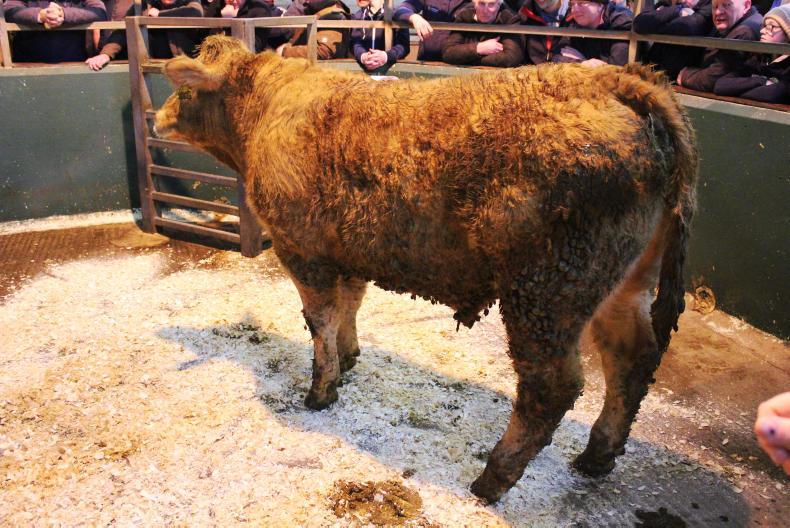
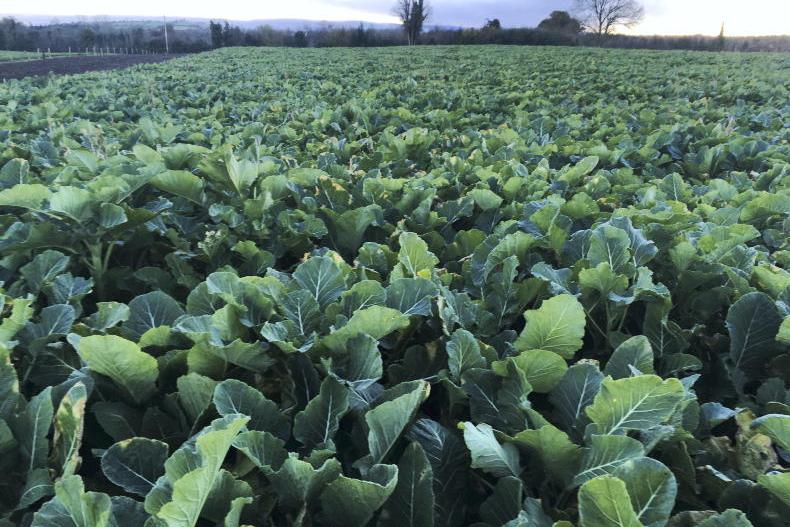
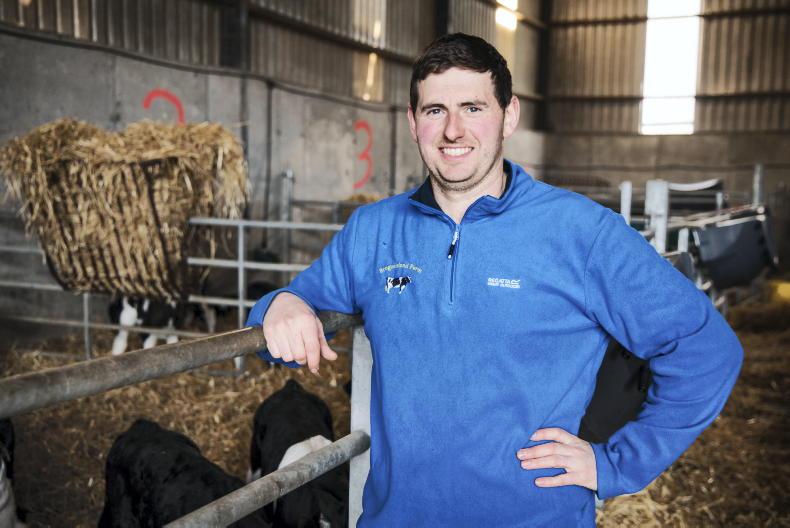
SHARING OPTIONS